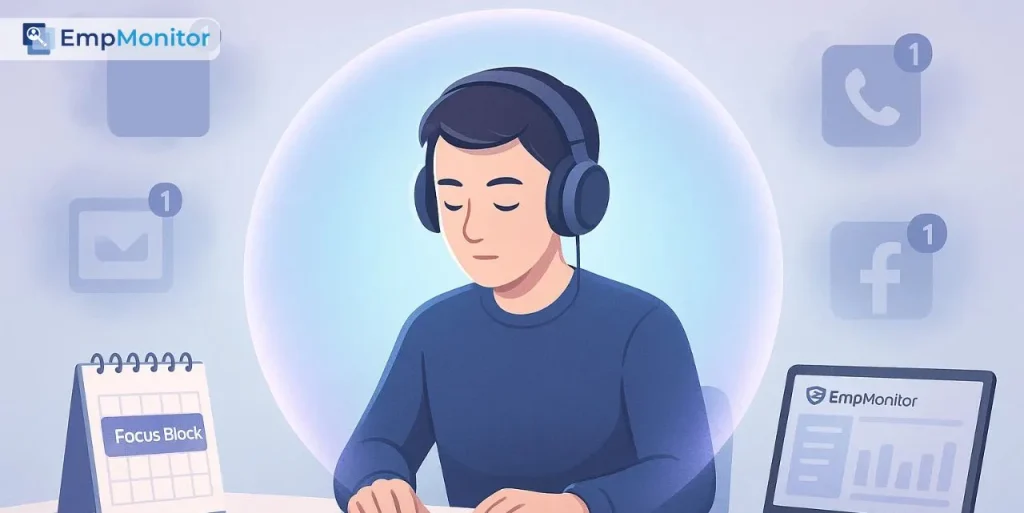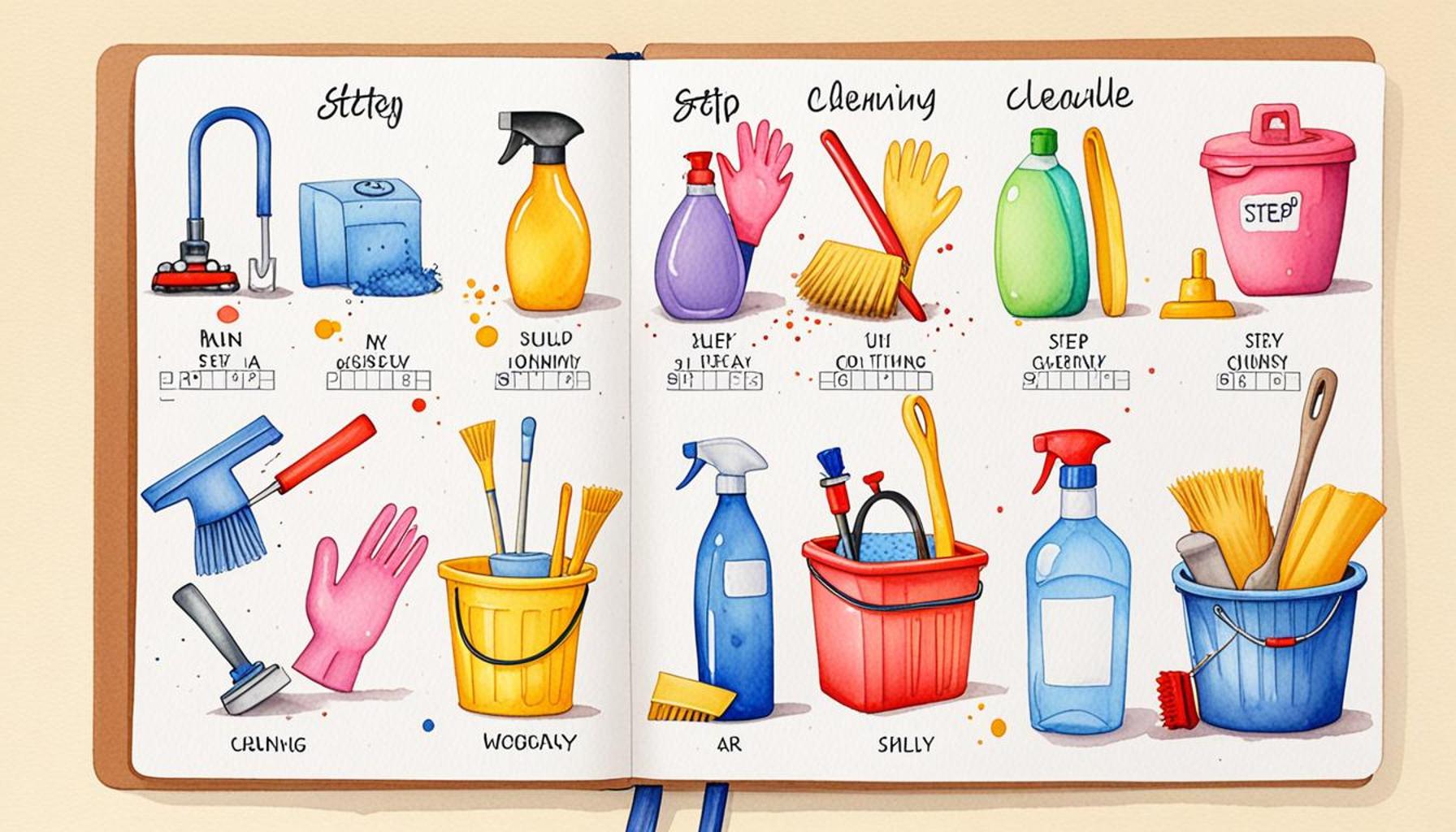Prevent Burnout Master Smarter Scheduling for Stress-Free Living

The Impact of Effective Scheduling on Mental Well-Being
In a society where the hustle culture often dictates our lives, the understanding of burnout has gained prominence. Burnout manifests itself not just as a feeling of fatigue, but as a debilitating state that can influence every aspect of life, including relationships and physical health. For professionals in high-pressure environments like finance, healthcare, and tech industries, the risk of burnout is alarmingly high. For instance, a study by Gallup found that roughly 76% of workers experience burnout at some point in their careers, underscoring the need for effective management strategies.
To combat this pervasive issue, one of the most potent strategies is to cultivate strong scheduling habits that prioritize stress-free living. By mastering your calendar, you create a structured approach to your day that shields against overwhelming demands. Here’s a closer look at three fundamental aspects of effective scheduling:
- Prioritization: Start by identifying which tasks are essential for your immediate goals versus those that can be postponed. Tools like the Eisenhower Box can help in visualizing these priorities. For example, if you’re facing a critical project deadline, focus on task completion instead of engaging in less urgent activities like organizing your workspace.
- Time Blocking: This technique requires allocating specific chunks of time for concentrated work sessions as well as personal breaks. Research shows that the Pomodoro Technique, which incorporates 25 minutes of focused work followed by a 5-minute break, can enhance concentration and stave off fatigue. You might batch similar tasks together, making your workflow smoother and less fragmented.
- Flexible Scheduling: Life is inherently unpredictable. Embracing flexibility in your schedule means allowing some buffer time for unexpected events. For instance, if a family emergency arises, having free time slots can reduce the pressure of rescheduling important meetings or deadlines.
These strategic approaches form the backbone of a healthier work-life balance and are not merely passive suggestions. Engaging in effective scheduling has been linked to reduced stress levels and improved emotional resilience. According to the American Psychological Association, individuals who practice structured time management report lower levels of anxiety and better overall satisfaction.
As we delve deeper into the various strategies for improving your planning skills, consider these insights as a roadmap to not only boost your productivity but also enrich your mental health. The journey towards a stress-free lifestyle begins with simple yet impactful changes to how you manage your time. By making your well-being a priority, you set the stage for a fulfilling life that can remain unscathed by the pressures of burnout.
CHECK OUT: Click here to explore more

Enhancing Productivity Through Smarter Scheduling
In the fast-paced lifestyle that many Americans lead, characterized by never-ending responsibilities and skewed priorities, effective time management can be the secret weapon against burnout. As the lines between work and personal life blur, cultivating efficient scheduling methods is not just a preference but a necessity. Embracing strategic approaches to time management is about establishing a method that harmonizes structured planning with the flexibility to handle the unexpected. Below are several pivotal strategies to enhance your scheduling efficiency:
- Task Segmentation: A powerful technique for avoiding overwhelm is to break larger projects into smaller, manageable tasks. This method reduces anxiety and allows for a clear path toward completion. For example, if you’re a marketing professional tasked with launching a campaign, instead of viewing it as one daunting project, delineate it into specific steps such as “Conduct Market Research,” “Develop Creative Concepts,” and “Execute Digital Advertisements.” Achieving each component step by step keeps motivation high, fueling a sense of progress and accomplishment.
- Set Realistic Goals: Establishing achievable goals is essential for sustained energy and focus. The SMART criteria—Specific, Measurable, Achievable, Relevant, and Time-bound—can guide you. For instance, replace vague goals like, “I want to read more,” with a SMART goal such as, “I will read two chapters of a book every weekday.” This not only sets a clear target but also allows for measurable progress, making it easier to stay committed while avoiding the pitfalls of overwhelming expectations.
- Incorporate Downtime: Regular breaks are not just luxuries; they are critical for maintaining both mental clarity and physical health. Allocating time for short breaks during your workday can rejuvenate your productivity levels. A 10-minute stretch or a brief walk outside can work wonders, as studies suggest that breaks can enhance cognitive function and creativity. This practice can also help stave off burnout by providing moments to recharge your brain and body throughout a busy day.
Implementing these smart scheduling techniques can significantly reduce stress levels and enhance your sense of control over workloads. Research from the Harvard Business Review underscores that structured time management can lead to not only improved performance but also greater overall well-being. As you learn to distribute your time wisely, you can alleviate the pressures that elevating workloads typically bring, setting a foundation for a healthier, more balanced life.
These strategies are versatile and applicable across various aspects of life, catering to busy executives, students managing multiple deadlines, or parents juggling family responsibilities. By mastering your scheduling techniques, you can achieve transformative shifts in both productivity and mental health. A proactive scheduling approach turns the chaos of daily demands into a well-ordered routine, allowing you to reclaim your time and act with greater intention in both your professional and personal endeavors.
Ultimately, embracing smarter scheduling is more than just a productivity hack; it’s a lifestyle choice that can lead to ongoing personal growth and enhanced quality of life. As you delve deeper into effective time management practices, you’ll uncover not just methods for doing more, but pathways toward ultimately being your best self.
| Advantage | Description |
|---|---|
| Enhanced Productivity | By adopting smarter scheduling techniques, individuals can optimize their work hours, leading to a drastic increase in overall productivity. |
| Stress Reduction | Implementing efficient scheduling can significantly decrease work-related stress, allowing for a more balanced and enriched life. |
| Better Work-Life Balance | Smarter scheduling contributes to a better work-life balance, helping to allocate time for personal interests and relationships. |
| Increased Focus | With stress managed, individuals can maintain higher levels of focus and concentration on tasks, enhancing their overall performance. |
By integrating smarter scheduling into daily routines, the possibility of preventing burnout is significantly enhanced. Benefits such as increased productivity, reduced stress, improved work-life balance, and heightened focus are all crucial advantages that not only foster personal well-being but also enhance professional efficacy. These elements contribute to a more fulfilling lifestyle, encouraging individuals to pursue their passions while maintaining their commitments effectively. By embracing these methods, a stress-free existence is achievable, drawing curiosity and interest toward discovering more about advanced scheduling solutions.
CHECK OUT: Click here to explore more
Creating a Balanced Schedule: The Key to Resilience
In addition to enhancing productivity, mastering smarter scheduling plays a crucial role in cultivating resilience and mental well-being. The old adage “work smarter, not harder” holds a profound truth, especially in today’s hyper-connected world. A balanced schedule empowers individuals to take charge of their lives, create boundaries, and ultimately, defend against burnout.
One primary aspect of developing a balanced schedule is understanding the concept of time blocking. Time blocking involves scheduling specific blocks of time for various activities, which helps you allocate your time to both work tasks and personal endeavors. This approach not only helps you visualize your day but also ensures that you reserve time for self-care and leisure activities. For example, allocate a two-hour block in the afternoon exclusively for reading or exercise, thereby creating a structured rhythm in your daily life that fuels both productivity and personal growth.
- Prioritization Techniques: Employing prioritization strategies can further enhance the effectiveness of your scheduling. The Eisenhower Matrix—dividing tasks into four categories based on urgency and importance—can assist you in identifying what needs immediate attention versus what can be delegated or eliminated. This clear demarcation prevents you from becoming overwhelmed and helps maintain focus on what truly matters, reducing unnecessary stress caused by trivial distractions.
- Utilizing Technology: Embracing technology can also elevate your scheduling game. Digital tools like Trello, Asana, or calendar applications can help streamline your planning process and keep everything organized in one place. These platforms allow for real-time updates, collaboration, and reminders that make it easier to stay accountable to your commitments while fostering a sense of control over your schedule. A comprehensive planning tool can also enable you to visualize bottlenecks in your time management and act to alleviate them.
- Crafting Flexible Schedules: While structure is vital, maintaining a level of flexibility within your schedule is equally important. Life is unpredictable, and embracing adaptability can prevent frustration and anxiety when plans suddenly change. Allow for buffer times in your schedule to accommodate unexpected disruptions, ensuring that any alterations won’t derail your entire day. This approach not only guards your peace of mind but also enhances your ability to quickly pivot and manage shifting priorities effectively.
Research indicates that individuals who cultivate a flexible, well-balanced schedule experience less chronic stress and are more capable of recovering from job-related strain. A 2020 study published in the Journal of Occupational Health Psychology highlighted that employees who employed adaptive scheduling strategies reported lower instances of burnout and better overall job satisfaction. In a world where many grapple with anxiety and heavy workloads, the exploration of scheduling methods becomes paramount in fostering a sustainable lifestyle.
The journey towards mastering smarter scheduling goes beyond merely filling hours with tasks. It is about creating a holistic approach to life that champions balance, self-awareness, and intentionality. As we recognize the profound impacts our scheduling choices have on our mental health and overall well-being, it becomes clear that taking the time to curate an organized yet flexible timetable is not just beneficial, but essential for preventing burnout and promoting a life of fulfillment.
CHECK OUT: Click here to explore more
Conclusion: Embracing Smarter Scheduling for a Balanced Life
As we navigate the complexities of modern life, preventing burnout through smarter scheduling emerges as an indispensable strategy for achieving a balanced existence. The integration of time-blocking, prioritization techniques, and flexible scheduling empowers individuals to regain control over their daily lives, creating a structured yet adaptable framework for productivity and well-being.
Importantly, implementing these scheduling methods not only enhances productivity but also nurtures mental health resilience. Research underscores that individuals who strategically manage their time are less likely to experience chronic stress and burnout, leading to improved job satisfaction and overall quality of life. By utilizing technology, such as digital planning tools, we can streamline our efforts, helping us stay organized and accountable to our commitments.
The art of mastering scheduling lies in recognizing that our daily choices significantly impact both our professional and personal realms. A thoughtful approach to organizing our time allows us to prioritize what truly matters, enabling us to carve out moments for rest, self-care, and personal growth—all critical components of a fulfilling life. As you reflect on the insights shared, consider how adopting a proactive scheduling mindset can lead you towards a more harmonious existence. Free yourself from the clutches of burnout by embracing a scheduling rhythm that resonates with your unique lifestyle and values.
In essence, the journey to stress-free living is not merely about managing time but about cultivating a way of life that prioritizes wellness, balance, and intentional living. As you embark on this transformative path, remember that mastery over your schedule is a powerful step towards a more serene and satisfying life.



